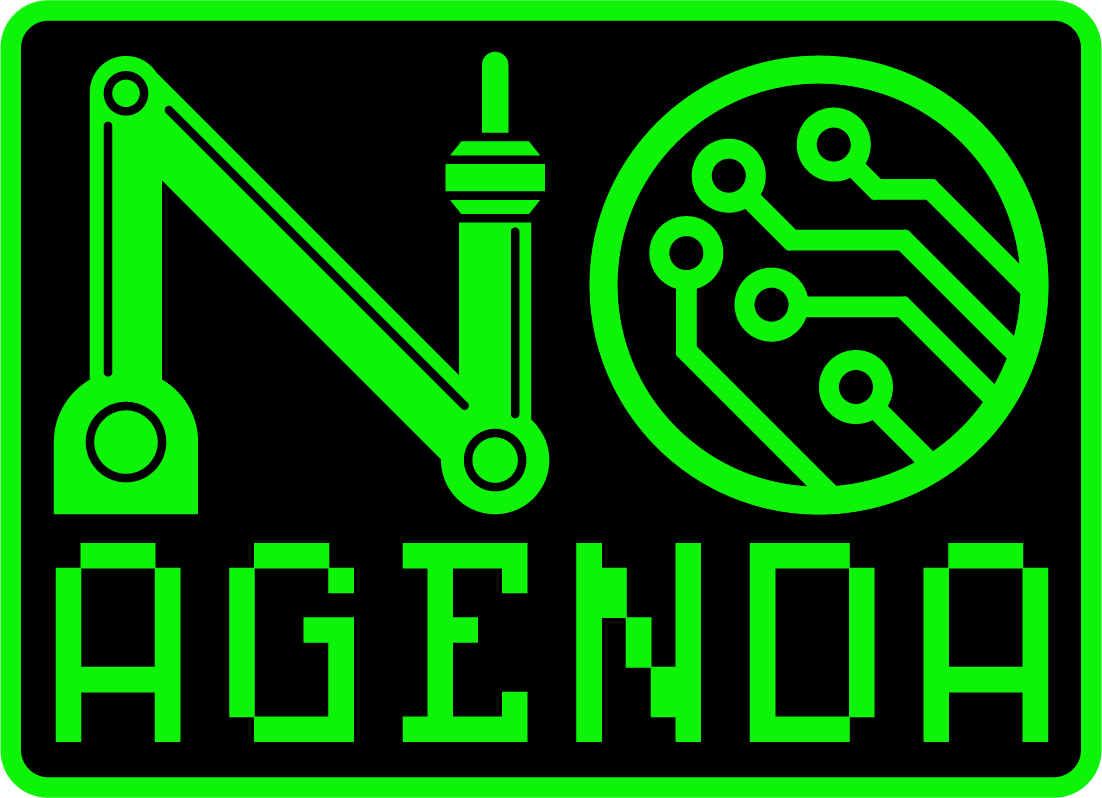| I just had the most amazing conversation with neuroscientist and bestselling author Anne-Laure Le Cunff. Anne-Laure spent an hour with members of the Lighthouse, and we spoke about her experience working at Google, followed by a failed startup, and how her learnings led to a new approach—and a new book. Anne-Laure also shared a useful tool called a “consequence cascade”—but I like to refer to it by a different, simpler name: So what. How to use “So what” Here’s how so what works: Whenever something goes wrong, you use the phrase “so what” to go down the list of consequences, and see what you can do about them. To illustrate, let’s say you’re hosting an event in three hours and the caterer suddenly can’t deliver. It’s just not going to happen. So what? Well, we don’t have food for the event. So what? People are going to be hungry. And angry. So what? We need to find a solution: Is there a place nearby? Can we order some food? Maybe get it delivered? So what? So…the food’s not going to be as good as what we promised. But it’s better to feed them something rather than nothing. The great thing about So what is it helps you to focus on what you can control, and to be solution-oriented. But there’s another great thing about this tool: It can help you to reduce anxiety. Because sometimes “so what” really means “so what.” As in, no big deal. I’ll let Anne-Laure explain: “Sometimes you go through that cascade and you get to a ‘so what,’ and you’re like: ‘Wait a second. That’s actually ok. That’s fine.’” This happened to Anne-Laure two weeks ago, when she was scheduled to give a big keynote. She got sick, and she couldn’t deliver the slides on time. “At first I started panicking,” Anne-Laure said. “They’re going to think I’m the worst speaker. I’m so late and I just went down the cascade, down, down, down.” “And I was like: ‘Oh. My slides will be late for a couple of days. It’s fine. They have a thousand other things to deal with, the slides will still be way early, nobody’s going to die.” “So what?” So, if you—or someone you know—tends to get paralyzed and anxious every time something goes wrong, try out the consequence cascade. Or better yet, teach yourself to simply say: “So what?” …over and over, until you get to a point where you: have a solution you can work towards establish that it won’t really matter in the end Practice doing this and you’ll learn how to focus on what you can control versus what you can’t. And you’ll discover that some things you simply don’t have to worry about at all. |
Talk soon,
Justi


Leave a Reply